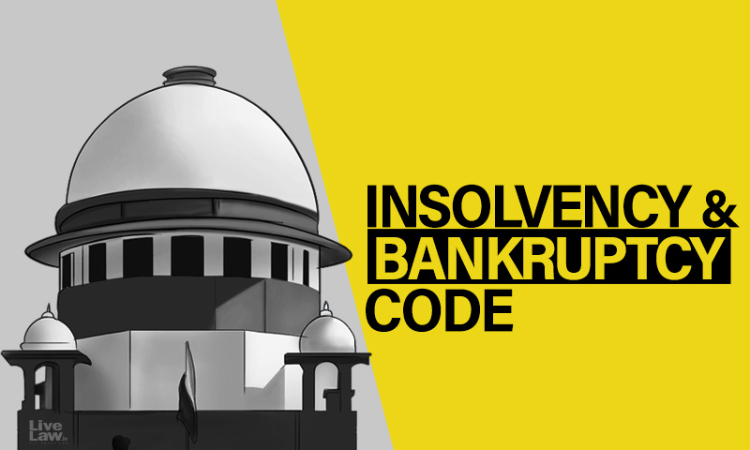'Whether the Promoter is eligible to file an application for Compromise and Arrangement under section 230 of the Companies Act, while he is ineligible under Section 29A of the I&B Code to submit a 'Resolution Plan'?, the Supreme Court on Wednesday agreed to examine.Section 230 of the Companies Act, 2013 provides for a scheme of compromise or arrangement (including a reorganisation of...

